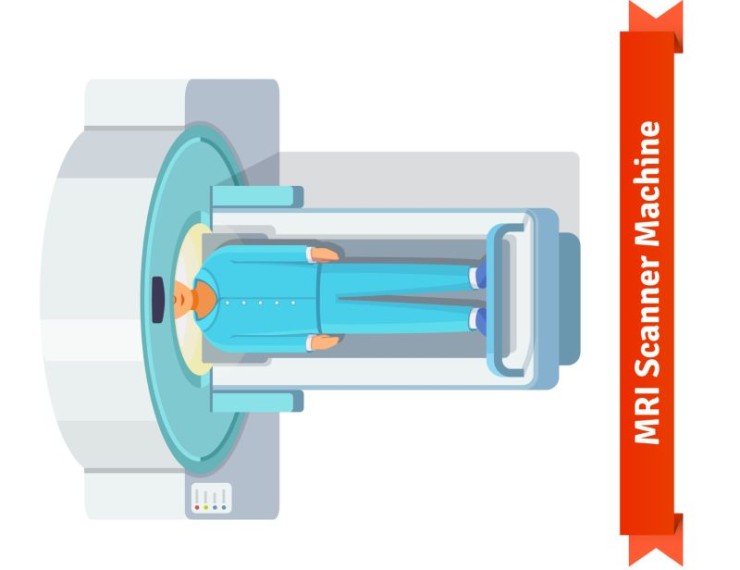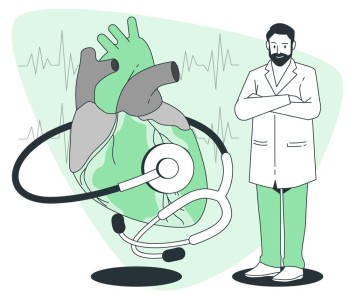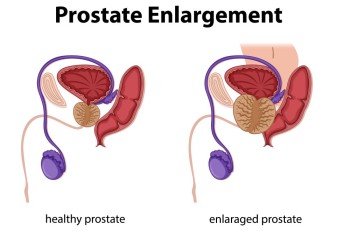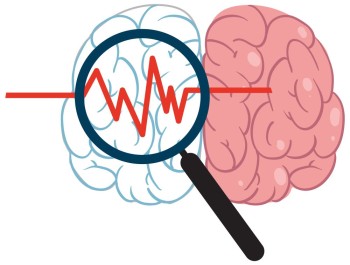
The temporomandibular joint, commonly referred to as TMJ, is a complex hinge joint connecting the jawbone to the skull.
MRI TM (Temporomandibular) Joint with Cost
Understanding MRI Temporomandibular Joint (TMJ): A
Comprehensive Guide
Introduction to Temporomandibular Joint (TMJ)
The temporomandibular joint, commonly referred to as TMJ, is a complex hinge joint connecting the jawbone to the skull. This article explores the intricate
details of TMJ, including its anatomy, function, disorders, and treatment options.
Anatomy and Function of TMJ
The TMJ is comprised of the temporal bone of the skull and the mandible (jawbone). This joint facilitates essential movements for activities like speaking, chewing, and swallowing. Its intricate structure involves muscles, ligaments, and a disc that ensures smooth jaw movement.
Common TMJ Disorders
TMJ disorders include various conditions that impact both the jaw joint and the muscles around it. Conditions like temporomandibular joint dysfunction (TMD), bruxism, and arthritis can lead to discomfort, pain, and restricted jaw movement.
Symptoms and Causes of TMJ Disorders
Understanding the signs and causes of TMJ disorders is crucial for early diagnosis. Symptoms may include jaw pain, clicking or popping sounds, headaches, and difficulty in opening or closing the mouth. Causes can vary from stress and teeth grinding to structural issues or arthritis.
Diagnosing TMJ Disorders
Diagnosing TMJ disorders involves a comprehensive evaluation, including a detailed medical history, physical examination, and imaging studies such as X rays or MRI scans. A precise diagnosis is crucial to customize a successful treatment strategy.
Treatment Options for TMJ Disorders
Treatment for TMJ disorders ranges from conservative measures to more invasive interventions. Approaches may include lifestyle modifications, physical therapy, medications, and in severe cases, surgical procedures. The selection of treatment relies on the particular condition and its level of severity.
Lifestyle and Home
Remedies
Managing TMJ symptoms at home is possible through self-care practices. These may include applying ice or heat packs, practicing relaxation techniques, avoiding hard or chewy foods, and maintaining good posture.
Preventive Measures for TMJ Health
Preventing TMJ disorders involves adopting habits that promote jaw health. This includes practicing stress management, avoiding excessive gum chewing, and using proper ergonomics to reduce strain on the jaw.
Collaborative Approach in TMJ Care
A multidisciplinary approach involving dentists, orthodontists, physical therapists, and oral surgeons can provide comprehensive care for TMJ disorders. Collaboration ensures a holistic treatment plan addressing both the functional and structural aspects of the jaw joint.
TMJ and Its Connection to Overall Health
Research suggests a link between TMJ disorders and overall health. Conditions like sleep disorders, headaches, and even cardiovascular health may be influenced by the health of the temporomandibular joint.
TMJ in Different Age Groups
TMJ disorders can affect individuals of all ages, but certain age-related factors may contribute to their development. Understanding how TMJ impacts different age groups helps tailor treatment plans to specific needs.
Advancements in TMJ
Imaging
Technological advancements in imaging, such as high-resolution MRI scans, have enhanced the diagnosis and understanding of TMJ disorders. Detailed imaging allows for more accurate assessments of joint structure and function.
Patient Experience and Recovery
Navigating a TMJ disorder journey involves understanding the patient experience, from initial symptoms to treatment and recovery. Managing expectations and providing support contribute to a positive recovery process.
Expert Insights and Recommendations
Leading experts in the field of TMJ disorders share insights, treatment innovations, and recommendations for optimal patient care. Their expertise contributes to ongoing advancements in understanding and managing these conditions.
Conclusion
In conclusion, a comprehensive understanding of the temporomandibular joint is crucial for recognizing, diagnosing, and treating TMJ disorders effectively. From lifestyle adjustments to advanced treatments, addressing TMJ concerns enhances overall jaw health and quality of life.
FAQs (Frequently Asked Questions) about TM (Temporomandibular) Joint MRI
Can stress really cause TMJ disorders?
Certainly, stress frequently contributes to the development of TMJ disorders. It can lead to jaw clenching or teeth grinding, exacerbating symptoms and causing discomfort.
Is surgery the only option for severe TMJ disorders?
While surgery may be considered for severe cases, many individuals find relief through conservative treatments such as physical therapy, medications, or lifestyle modifications.
Can TMJ disorders be hereditary?
There is evidence suggesting a genetic component in the development of TMJ disorders. People with a family history may be at an increased risk.
Can orthodontic treatment improve TMJ symptoms?
In some cases, orthodontic interventions may help alleviate TMJ symptoms by addressing underlying dental issues. Consulting with a dentist or orthodontist is essential for personalized recommendations.
What is the recovery time for TMJ surgery?
The duration of recovery varies based on the type of surgery and individual factors. It can range from a few weeks to several months, with postoperative care playing a crucial role in the healing process.
Can TMJ disorders cause ear pain?
Yes, TMJ disorders may manifest as ear pain due to the proximity of the temporomandibular joint to the ear. Discomfort or ringing sensations may occur.
Is TMJ only related to jaw pain, or can it affect other areas of the face?
TMJ disorders can indeed extend beyond jaw pain, impacting various areas of the face. Symptoms may include headaches, facial pain, or discomfort in the neck and shoulders.
Can I use over-the-counter pain relievers to manage TMJ pain?
Over-the-counter pain relievers may provide temporary relief for TMJ-related pain. However, it is essential to consult with a healthcare professional for long-term management strategies.
How does stress contribute to TMJ disorders, and can stress management alleviate symptoms?
Stress can lead to jaw clenching and teeth grinding, contributing to TMJ disorders. Stress management techniques, such as relaxation exercises, may help alleviate symptoms.
Are there specific foods to avoid if I have TMJ disorders?
Certain foods, such as hard or chewy items, may exacerbate TMJ symptoms. Avoiding these foods and opting for softer options can help reduce jaw strain.
(0)
Login to continue



